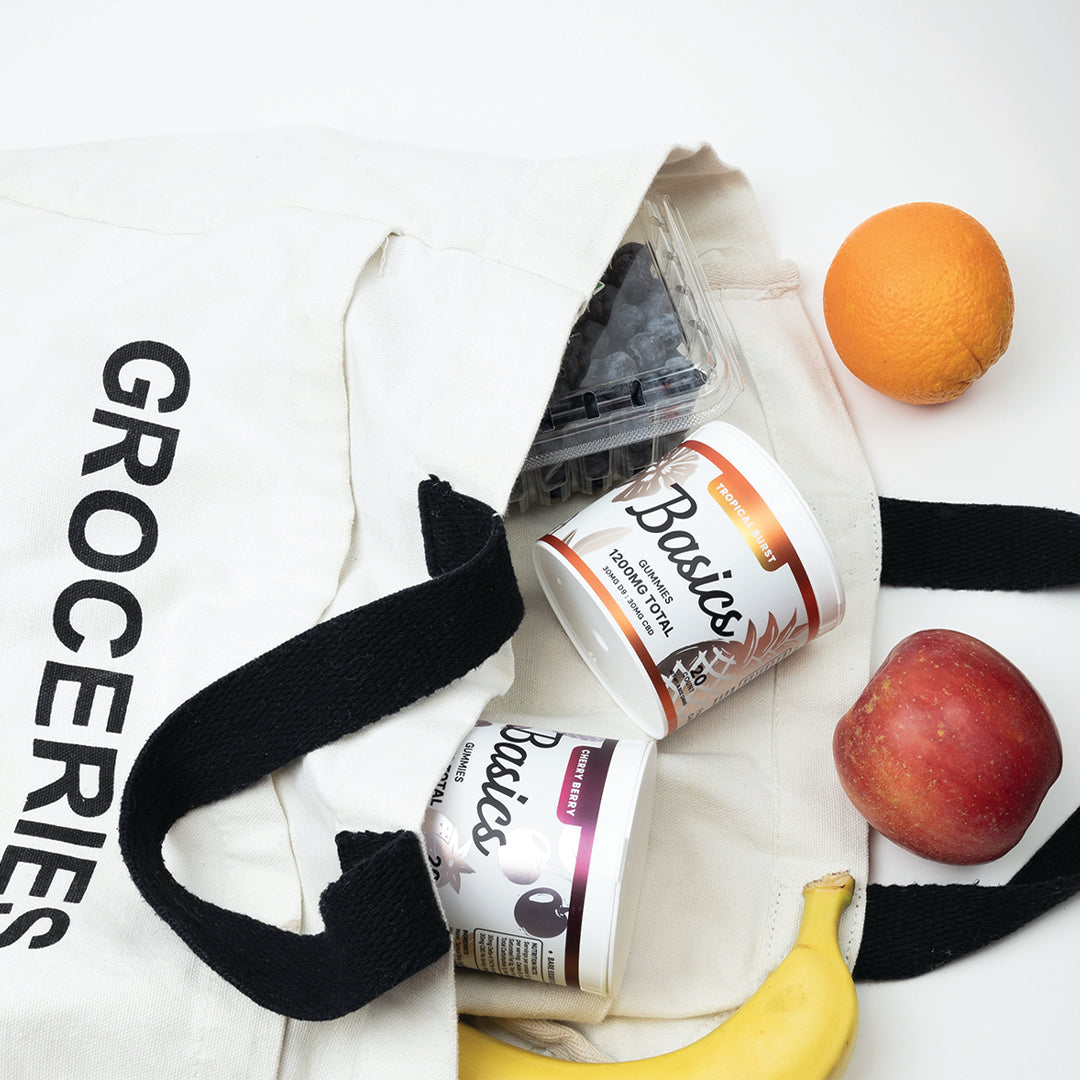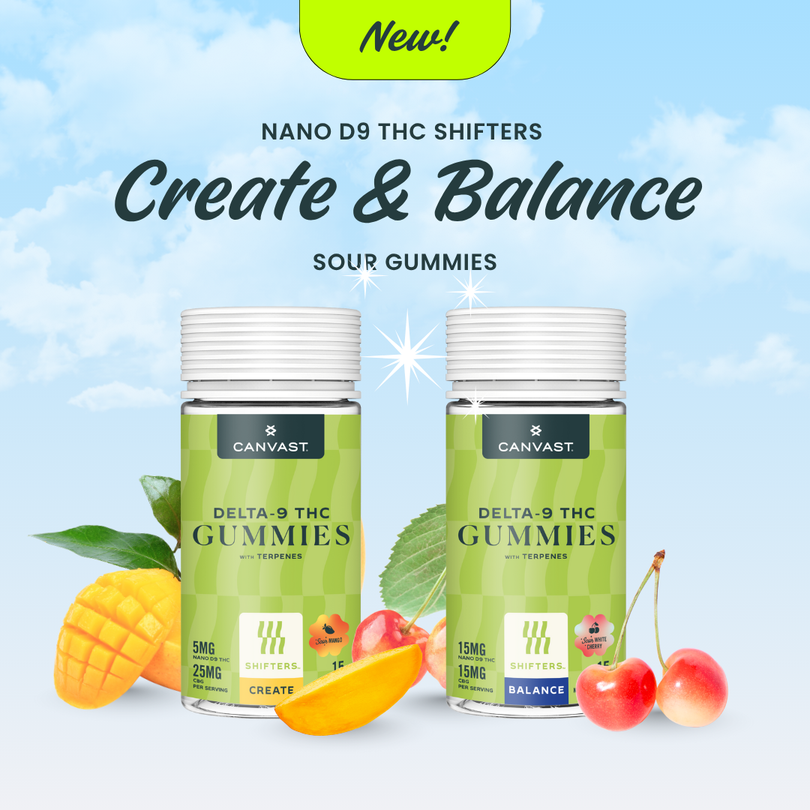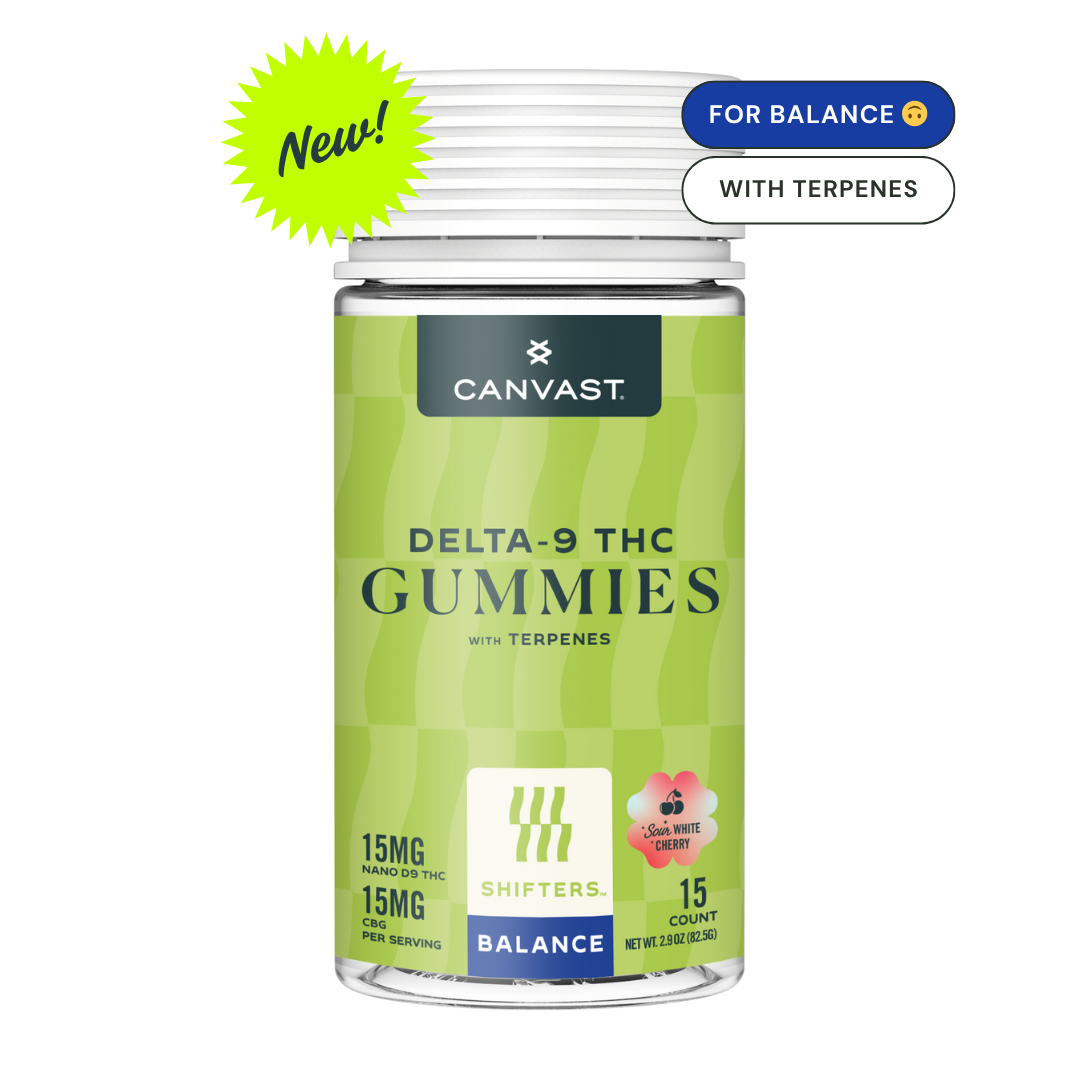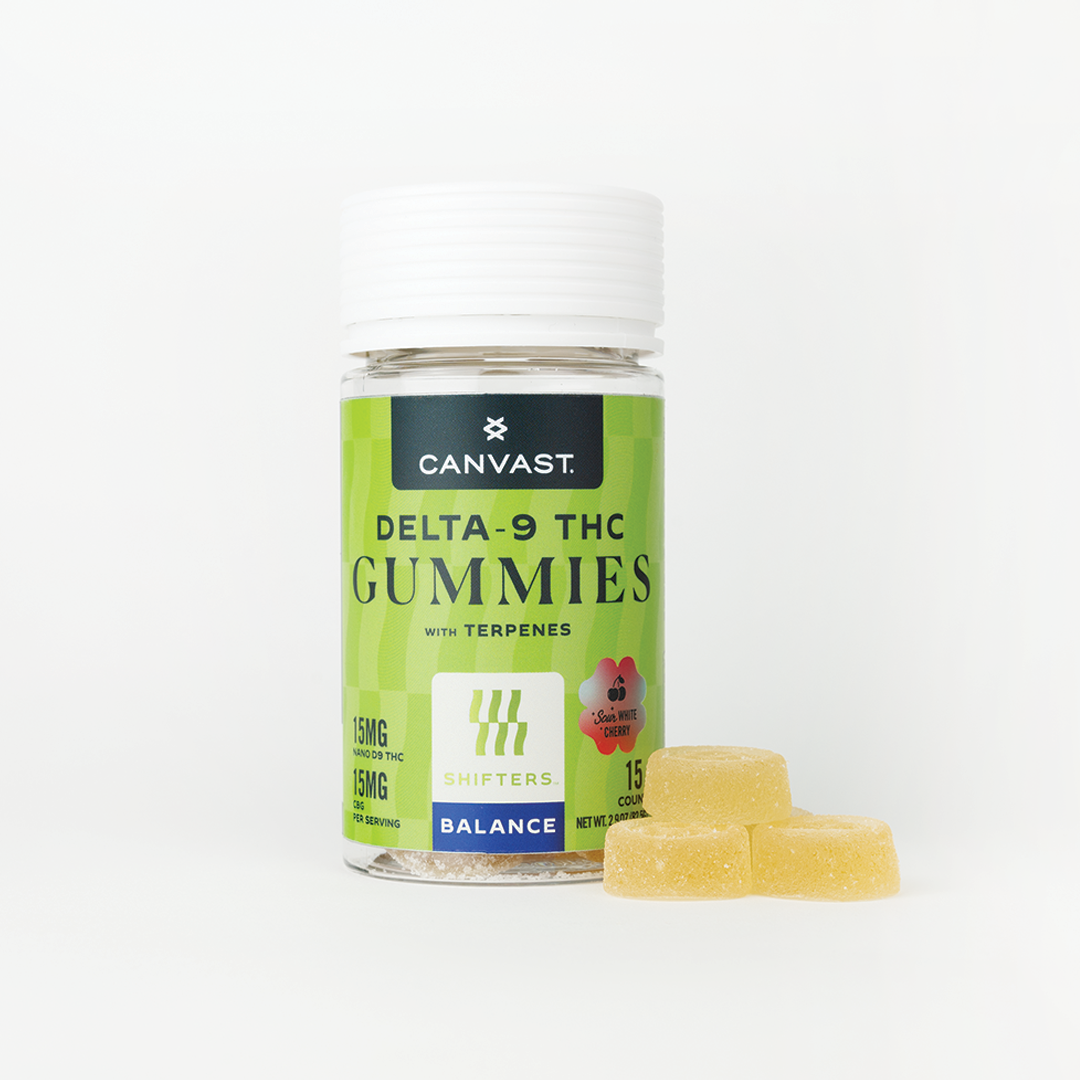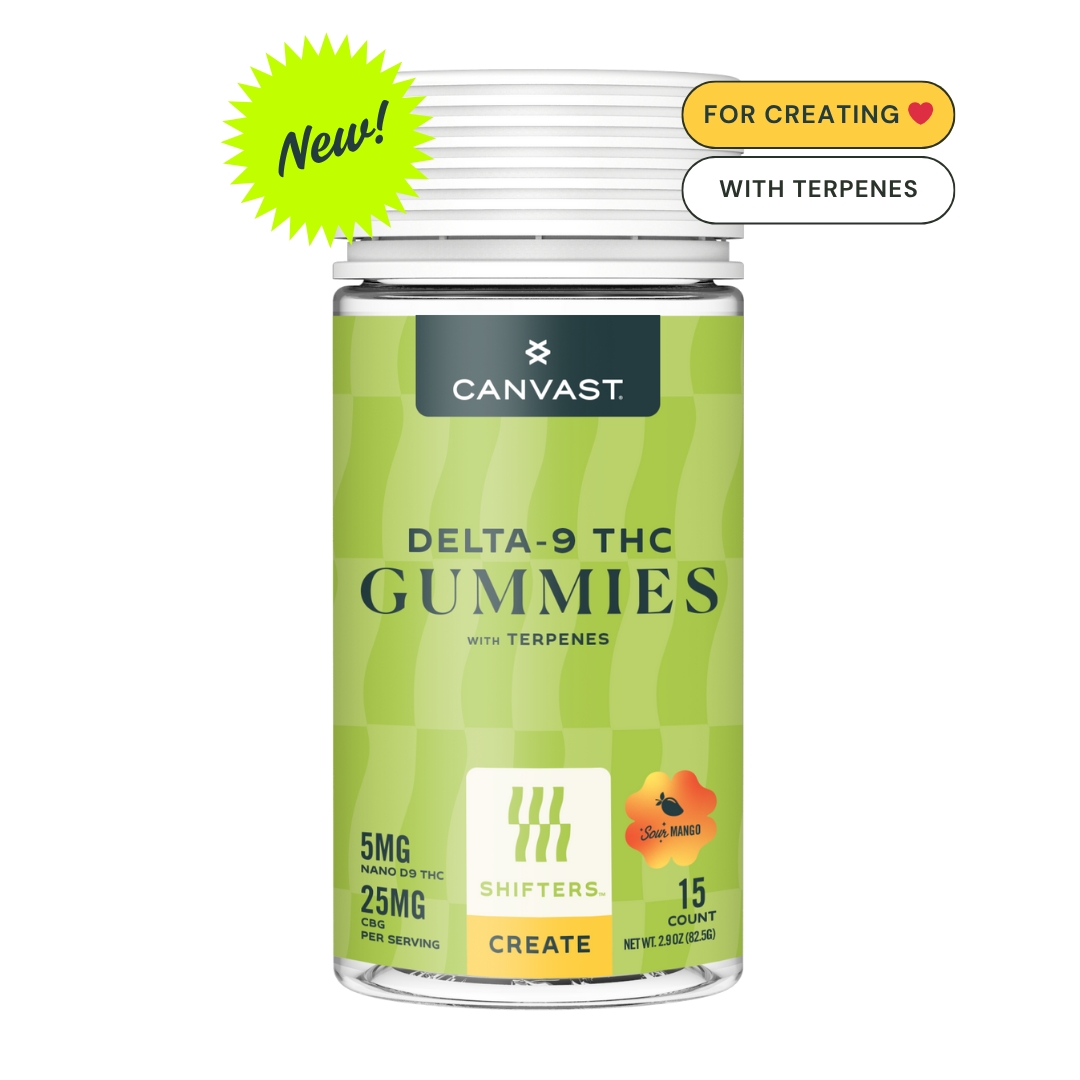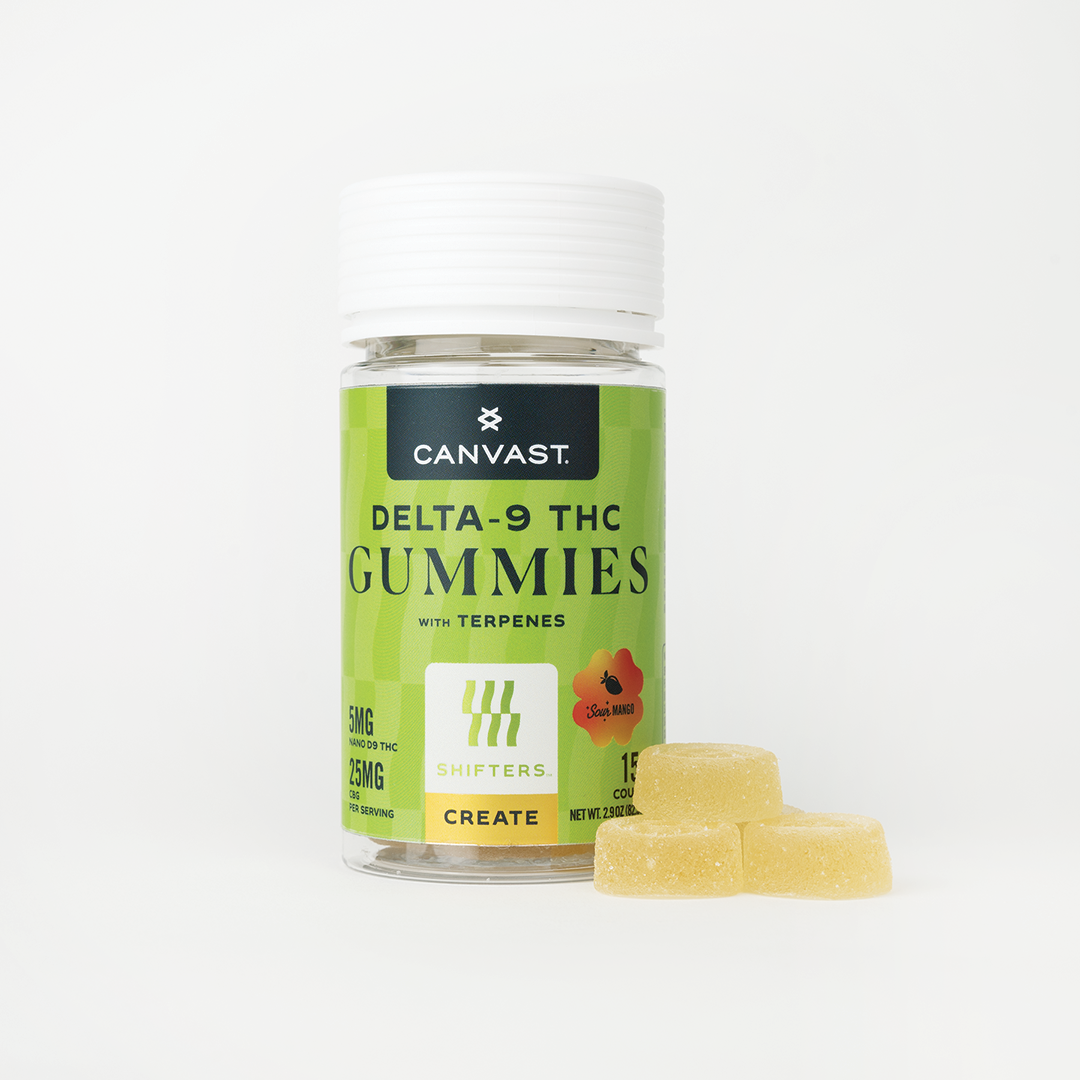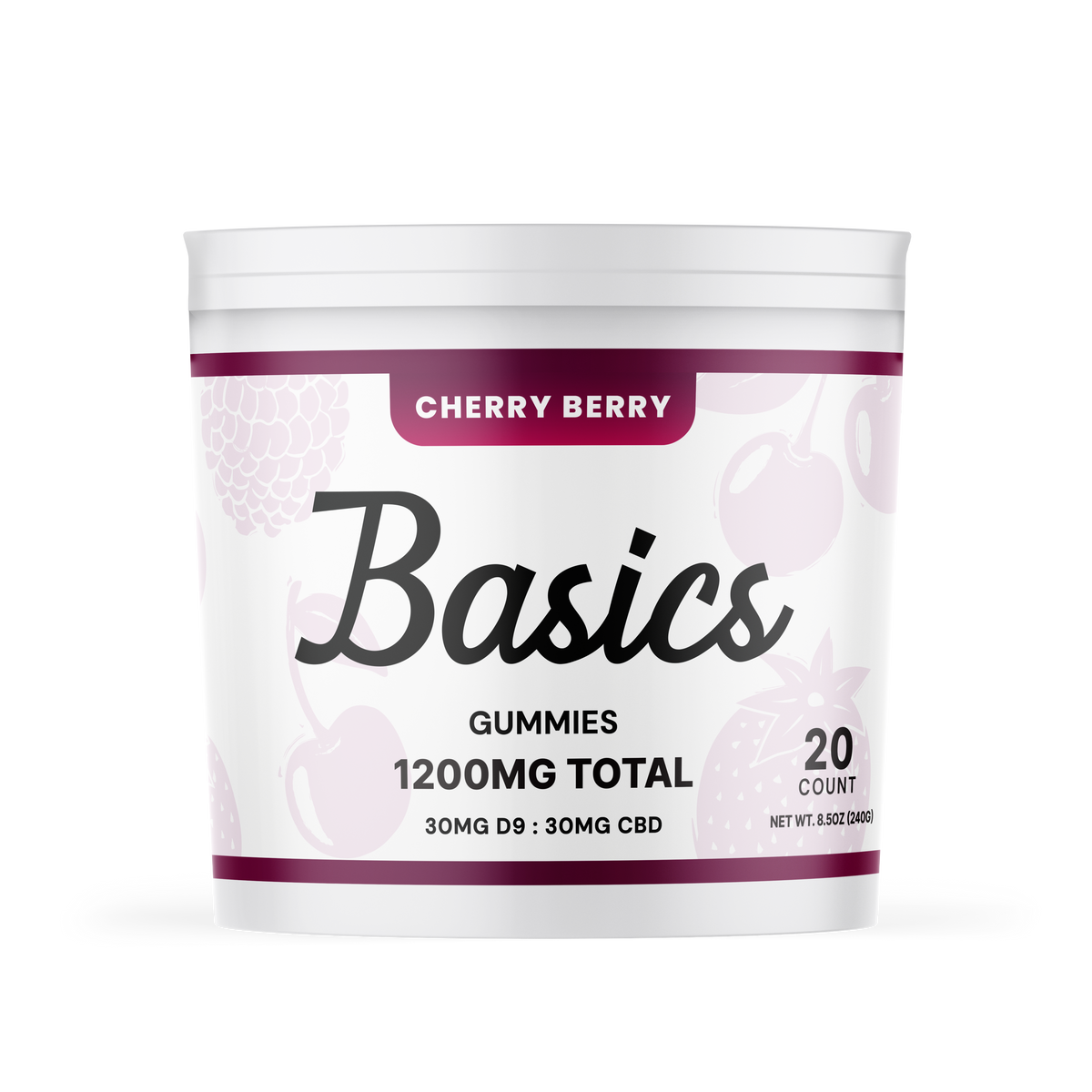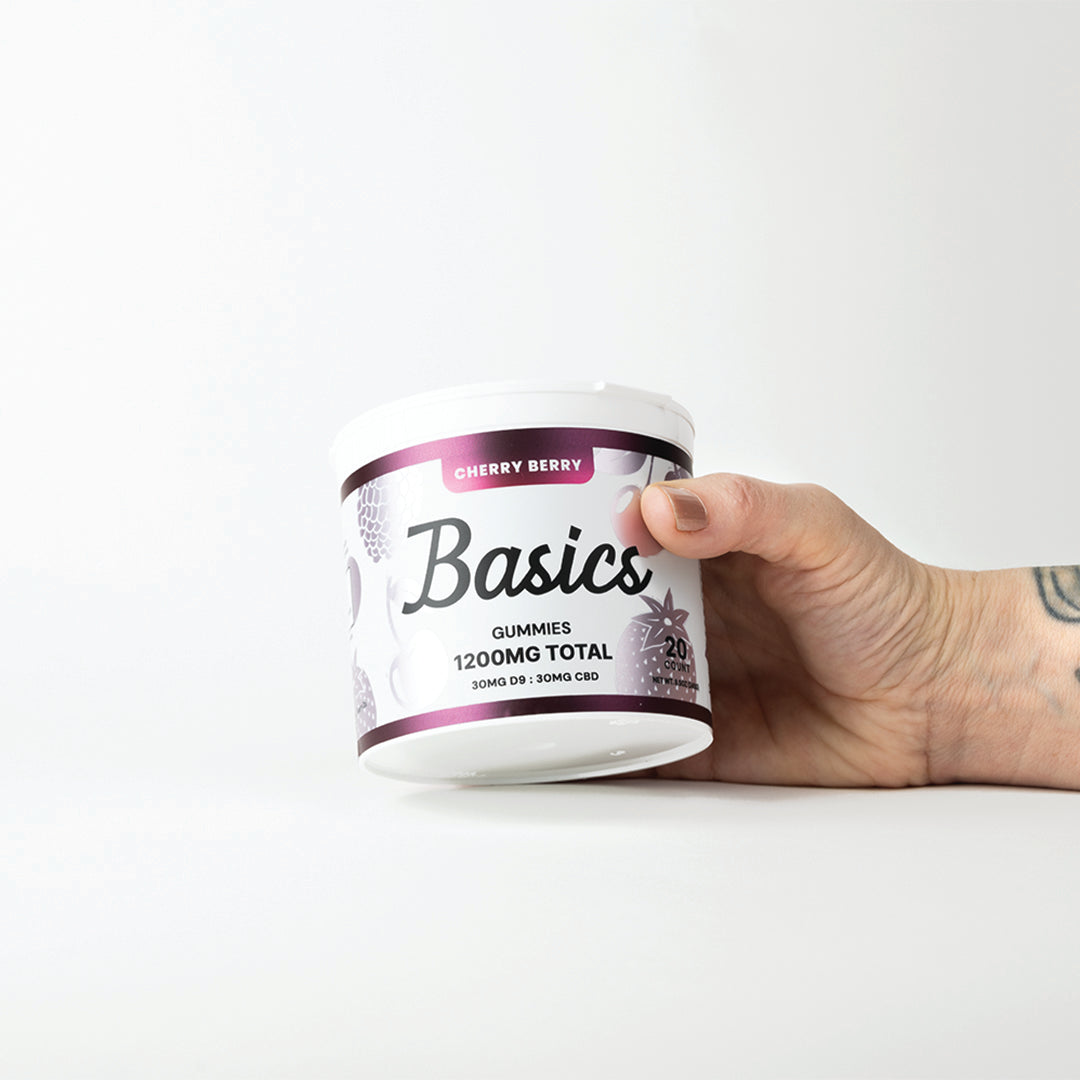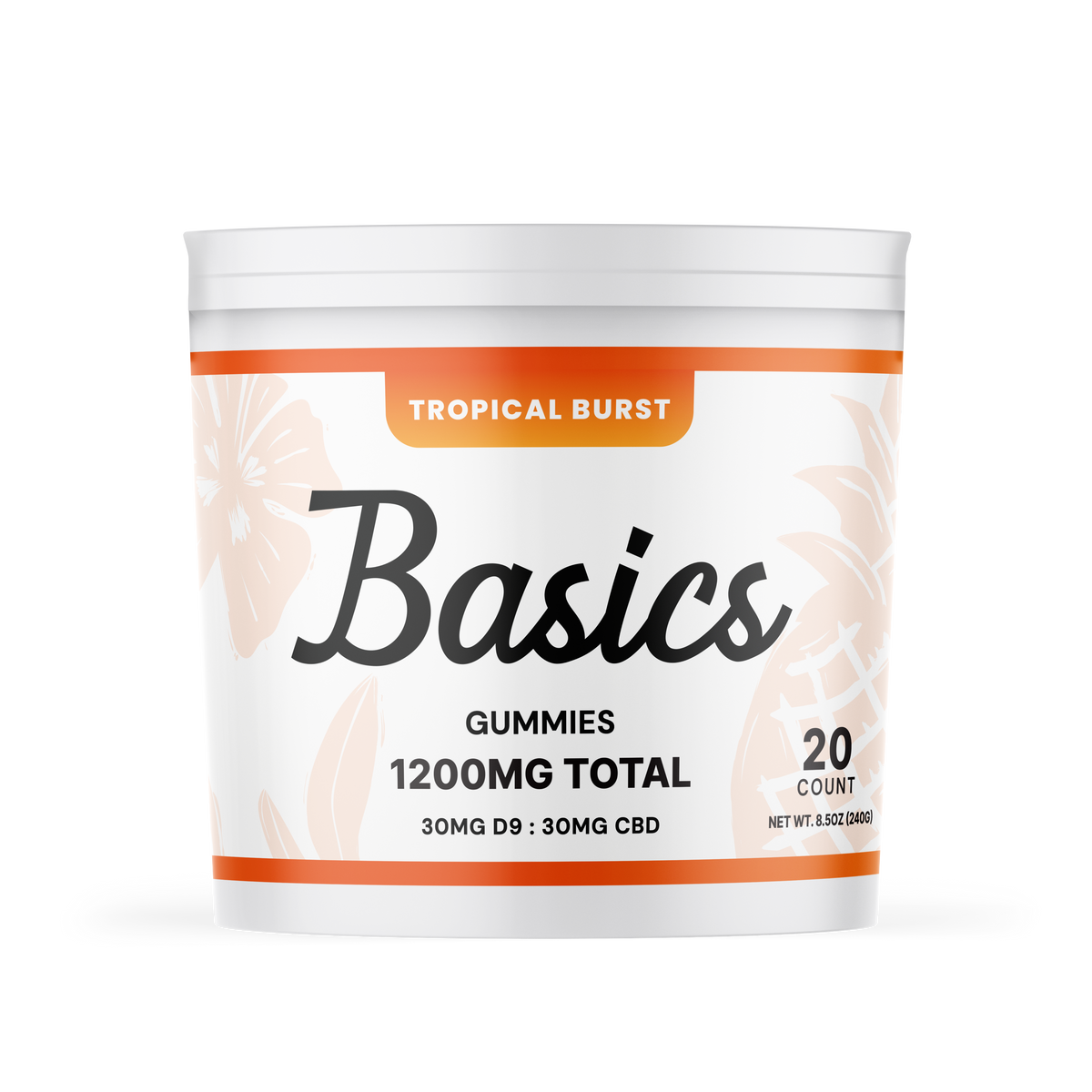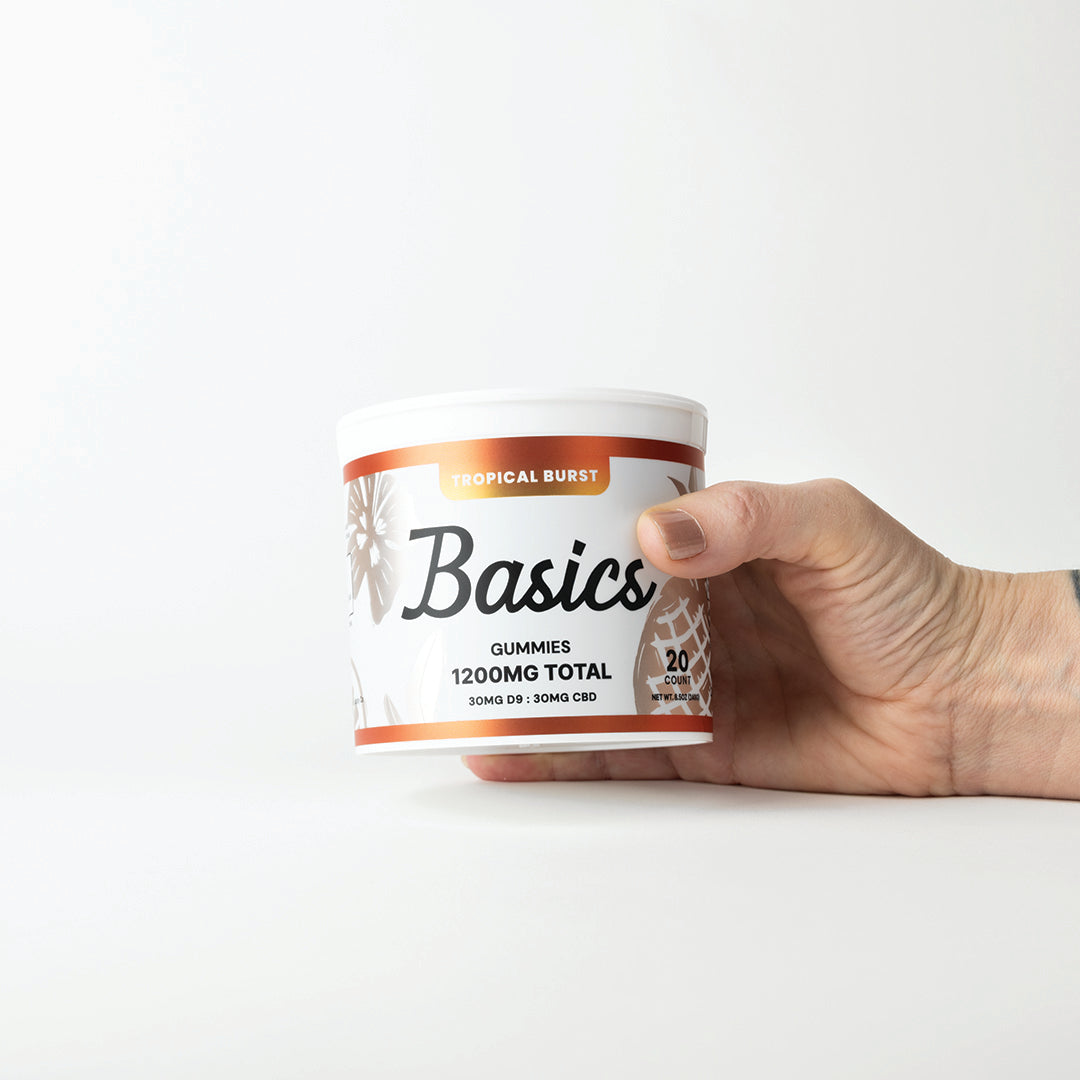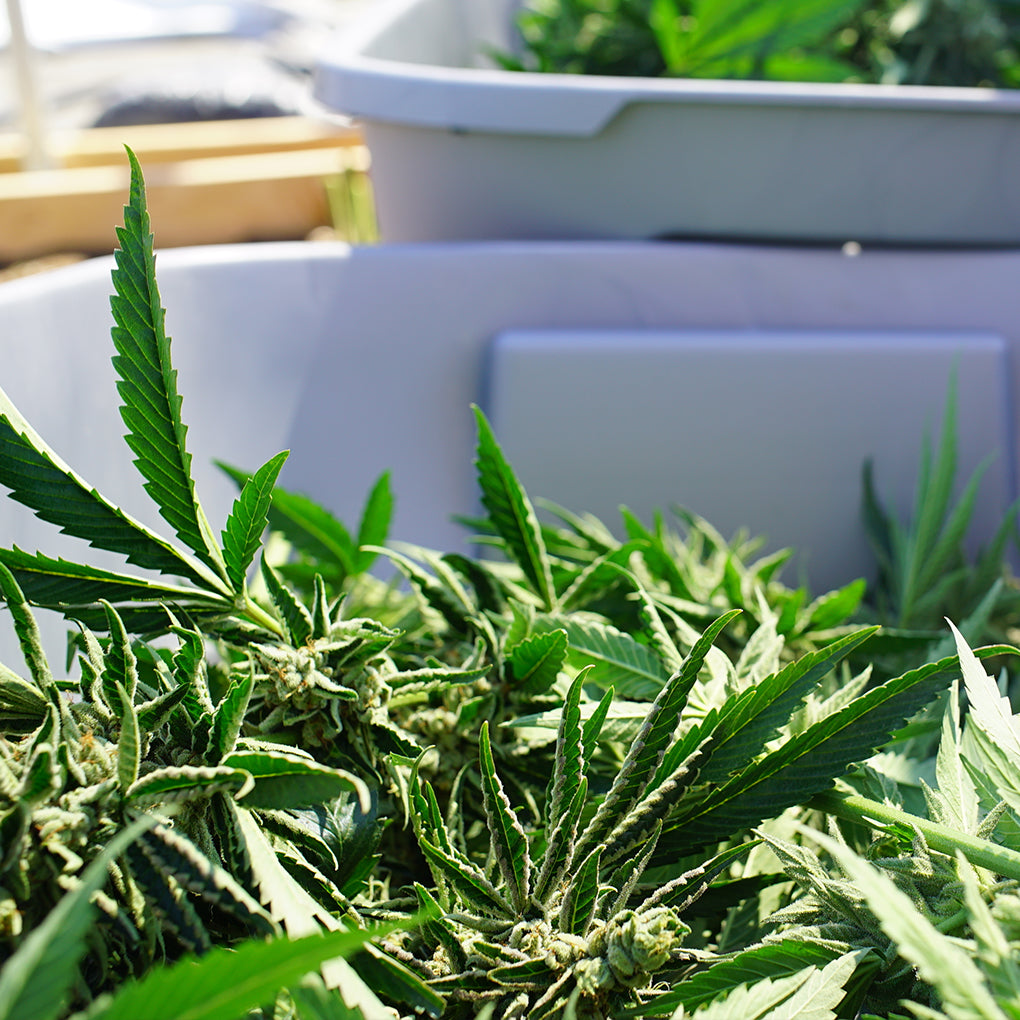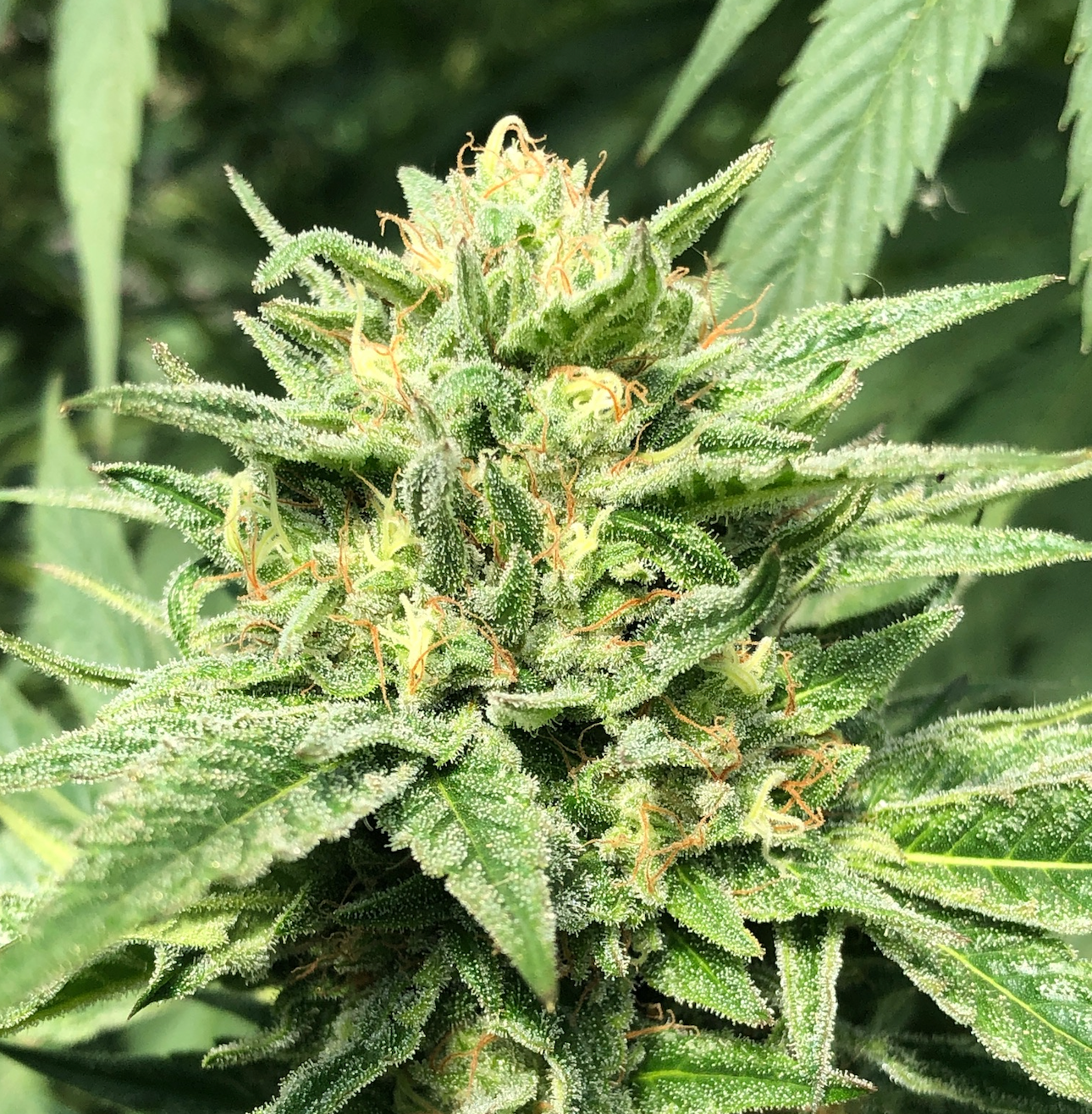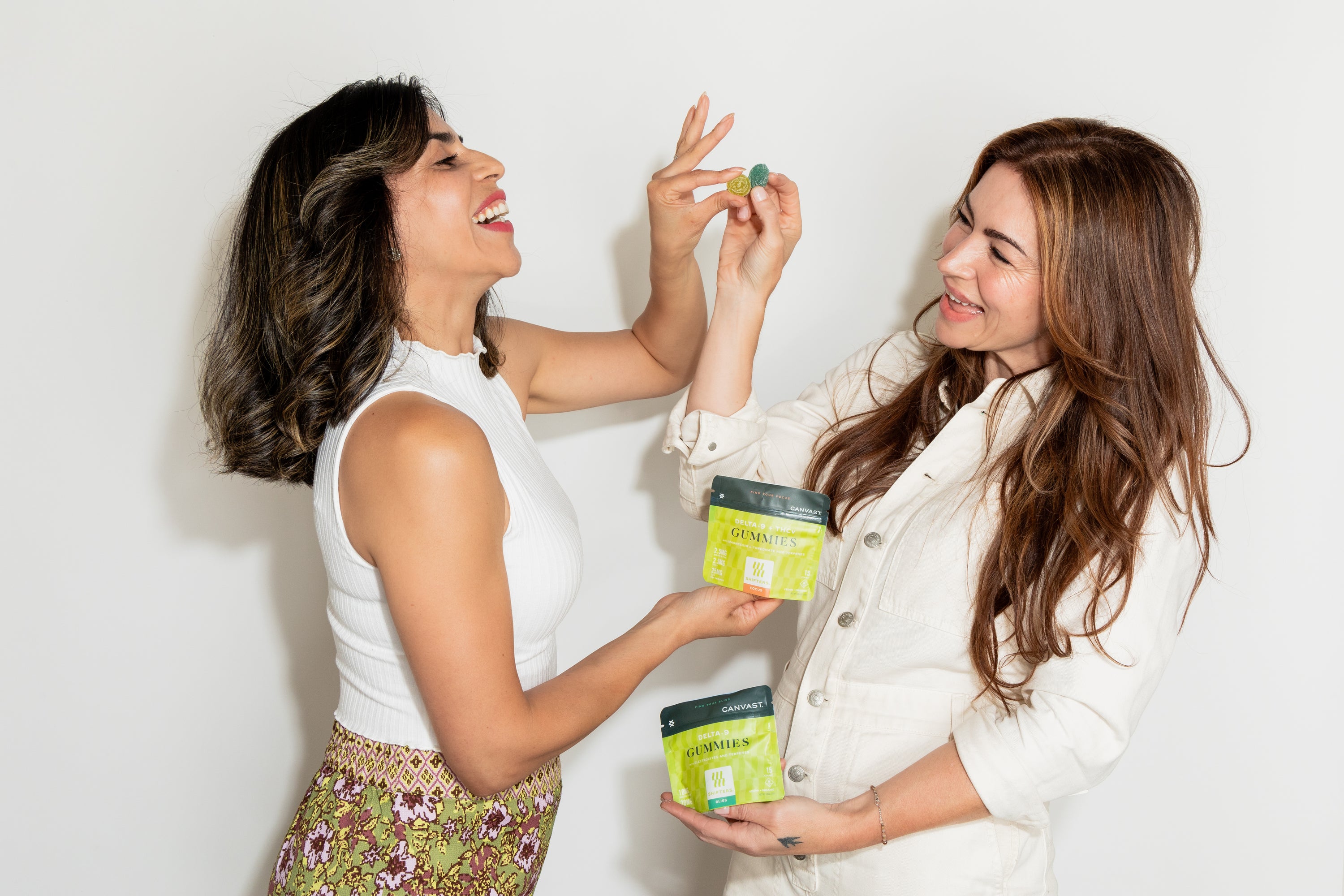Cannabis consumers have long prized potency as one of the main factors that make a particular strain more desirable.
Though traditional demand for THC has caused an oversaturation of high-potency products, many consumers are starting to prefer less intense products lower in THC and higher in CBD, the non-intoxicating compound called cannabidiol.
THC and CBD are both cannabinoids derived from the cannabis plant, but they’re different in many ways. Read on to learn some things that may influence your next dispensary purchase.
What’s the difference between CBD and THC?
Here’s an easy way to think about it: THC is defined by what cannabis makes you feel, while the effects of CBD can’t be felt. The important distinction is that CBD will not intoxicate you, unlike THC.
It also addresses pain management, one of the most common reasons people opt for CBD. CBD also blocks some of the intoxicating effects of THC by binding to cannabinoid receptors, which will keep THC from activating those receptors, ultimately making for a less intense psychoactive effect. This is why products with a mix of CBD and THC are great for first-time consumers.
However, this doesn’t mean that CBD by itself cannot offer an effect. High doses of CBD often produce a profoundly relaxing experience. Like stepping out of a hot tub, your body may feel tingly and relaxed, and your brain may be clear.
CBD vs. THC: Legality
With the passing of the Farm Bill in December 2018, industrial hemp became a legal agricultural commodity in all 50 states. While the DEA still considers CBD to be a Schedule I controlled substance, it clarified in a memo that trace amounts of CBD found in hemp stalks or seeds were legal.
However, the legality of hemp-derived CBD may vary from state to state, so it’s important to check your state’s laws before stocking up on hemp-derived CBD products. Cannabis strains that have a high CBD:THC ratio is legal only in states with legal, regulated cannabis markets, so make a note of that.
What Are Some High-CBD Strains I Can Try?
CBD is typically the second-most abundant cannabinoid in cannabis, but this isn’t always the case. A strain may deliver CBD and THC in the following ratios:
-
High THC, Low CBD (e.g.,10-30% THC, trace amounts of CBD)
-
Balanced CBD/THC (e.g., 5-15% THC and 5-15% CBD)
-
High CBD, Low THC (e.g., 5-20% CBD, THC under 5%)
High-CBD strains tend to deliver very clear-headed, functional effects without the euphoric high associated with high-THC strains. They’re preferred by consumers who are extremely sensitive to the side effects of THC, such as anxiety, paranoia, dizziness, or the like.
A high-CBD strain would also be a great choice for someone needing to medicate throughout the day to control pain, inflammation, anxiety, or other chronic conditions.
Balanced CBD/THC strains will be a little more euphoric than CBD-dominant strains, though they’re much less likely to induce anxiety, paranoia, and other negative side effects. Strains like these tend to be the most effective for pain relief, and they’re also well-suited for THC-sensitive consumers who would much prefer a mellow buzz.
Consuming CBD Strains
CBD strains can be consumed just as you would THC strains. You can smoke or vaporize CBD-rich flower, eat a CBD-infused edible, swallow a CBD oil capsule, apply a CBD lotion, or use a CBD tincture sublingually. Hemp products also contain CBD, though it is a less efficient source, and lacks the beneficial chemical diversity of cannabis-derived CBD products.
Keep in mind that CBD levels may vary from crop to crop—even from hemp plant to hemp plant. We also recommend checking with dispensaries about the specifics of their strains’ CBD levels. It is always a good idea to purchase only lab-tested products that clearly state the CBD/THC levels to learn what kind of experience you can expect.
Contact Canvast Supply Co.
If you have any questions on the differences between CBD & THC or the supplies and products necessary for you to consume legal lab-tested CBD products in Nashville, TN, contact Canvast Supply Co.
If you’re interested, we can give you a detailed rundown of our industry-tested farming equipment, planning resources, post-harvest solutions, and, of course, supplies that have left individuals and businesses alike more than satisfied.
Cited Source
"CBD vs. THC" Leafly.com, https://www.leafly.com/news/cbd/cbd-vs-thc
This post was originally published on July 3, 2018. It was most recently updated on April 1, 2020.
